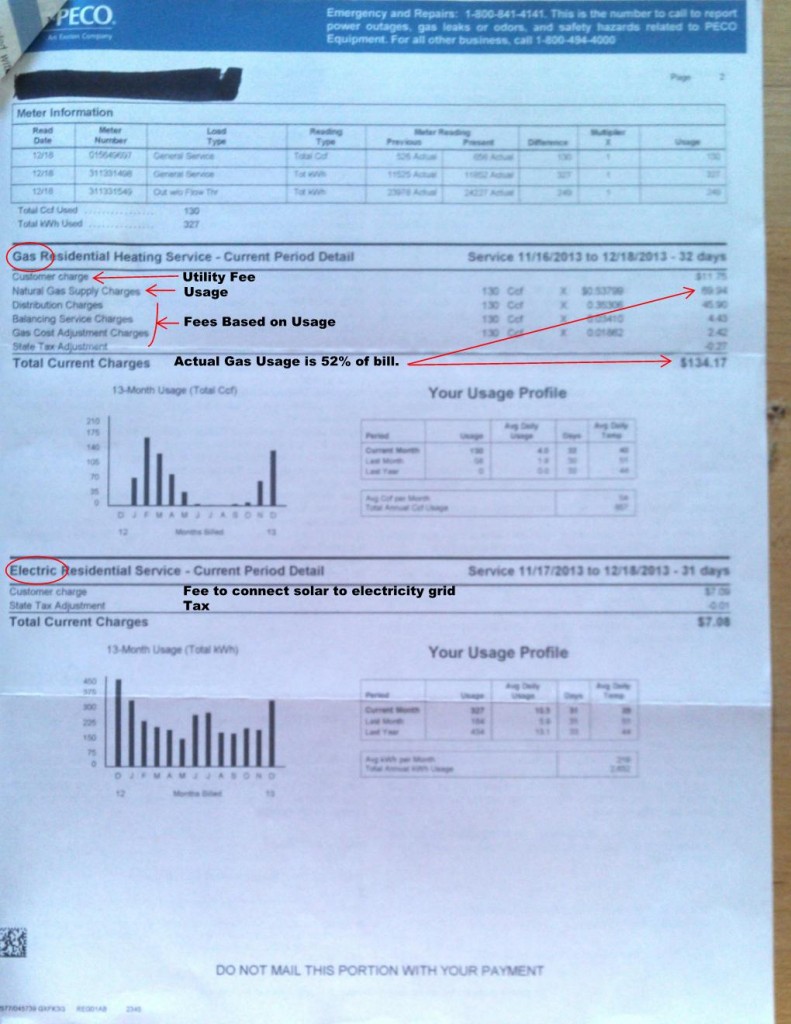‘According to a new report from The Advanced Energy Economy (AEE), “Extensive research has found that the average
utility customer spends nine minutes per year thinking about their energy use.”’ When Will Behavioral Energy Efficiency Hit the Commercial Market in a Big Way? by Linda Hardesty Accessed 5/15/2104 (Bold is from me)
Nine minutes a year. I think I probably spend 9 minutes a morning thinking about our energy use.
Think about that…it takes a minute to read a utility bill and we all get 12 of those a year…that equates to at least 12  minutes a year. If the bill is paid online that is another 30 seconds per bill; probably the same if it is paid by check. That adds another 6 minutes for a whopping 18 minutes that folk might be thinking about…more likely grumbling about their energy use. Nine minutes means that the bill is autodrafted and there is some passing nod to energy use when the bank statement is reviewed or the bill is paid with not much thought towards it.
minutes a year. If the bill is paid online that is another 30 seconds per bill; probably the same if it is paid by check. That adds another 6 minutes for a whopping 18 minutes that folk might be thinking about…more likely grumbling about their energy use. Nine minutes means that the bill is autodrafted and there is some passing nod to energy use when the bank statement is reviewed or the bill is paid with not much thought towards it.
According to the U.S. Energy Information Administration, the average U.S. household electric bill for June through August 2013 was expected to total $395 ($132 per month). That is $395 of your money. I talk with a lot of people about sustainability and energy use. Many seem to think that their electric and gas bills are fixed costs – the price one pays for the luxury of turning on the lights and the television.
There are fixed costs on the bill – access to the electric grid, taxes, fees.. BUT the actual usage bill is not a fixed cost. It is a variable cost. It is a variable cost that you control and that can save you a lot of money. So what could have my family thought about to reduce usage given this bill?
Turned down the set-point on the thermostat to reduce gas and electricity (fan) consumption. Unplug phone and computer chargers and the internet router at night to reduce the amount of electricity purchased from the utility. Those two changes could make a huge impact on the following month’s costs. Those thoughts took a few minutes but lead to real dollars in our pockets.
I think that kind of thinking deserves more than nine minutes a year.
